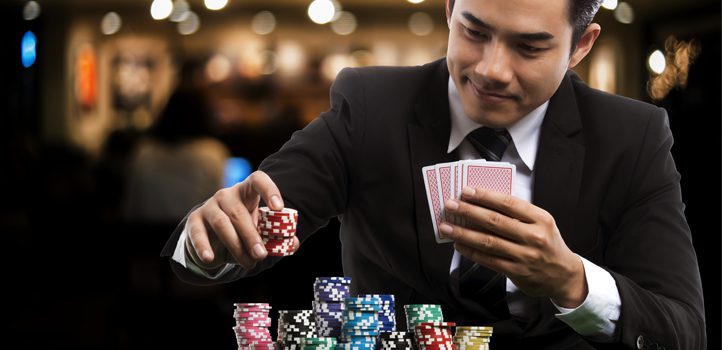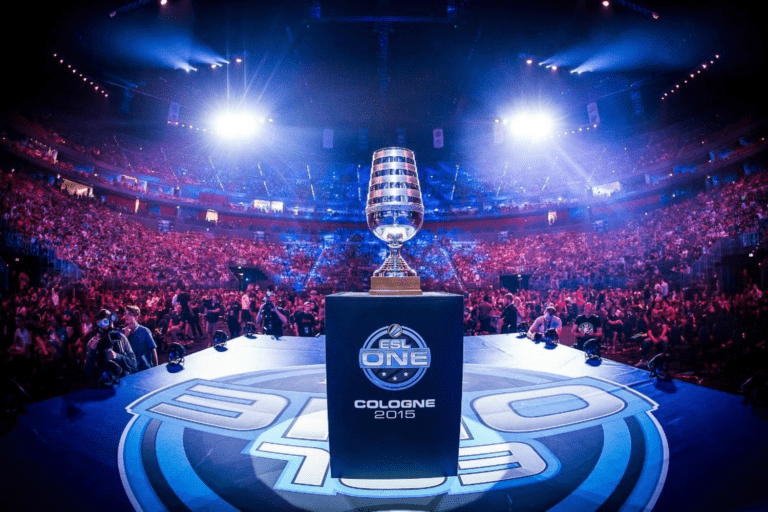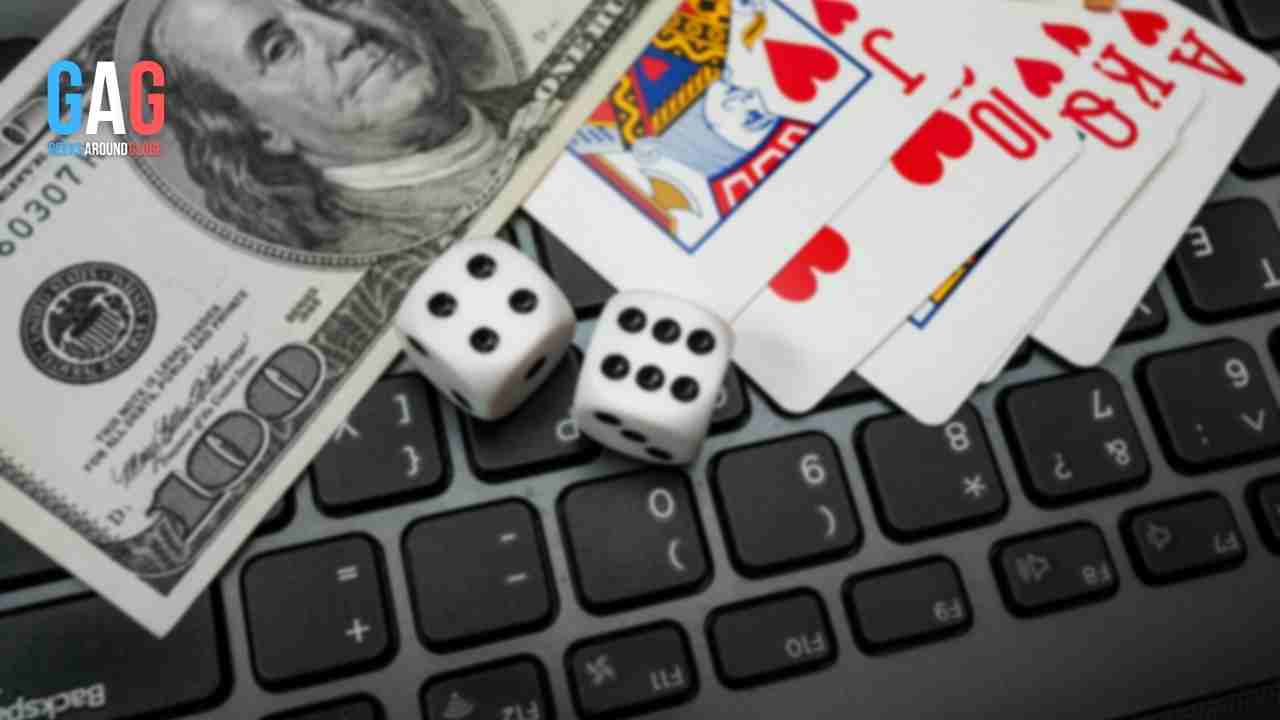Introduction
When you first start playing poker, your performance will depend on your poker face and how strong your nerves are. Those get better with experience but there are also strategies that every serious poker player should learn to take their game to the next level. You can use these skills to win when you next log into an online casino.
Below you’ll find five tips and small strategies that you should keep in mind next time you’re at a poker table, whether it’s a physical location or a virtual one. By knowing them all, you’ll be able to use them when the situation demands to win the game.
1. Limit Your Hands
The first thing a poker player should learn is that not every hand should be played. Choose your battles, some hands aren’t worth taking to the flop, where the three table cards are placed down and the game really gets started. Playing every hand that you get is a surefire way to lose chips from your stack.
Preflop strategy is important. What’s even more important is having the willpower to stick to that strategy. Don’t get impatient or idealistic and play a hand that isn’t worth playing.
Learn a few strong and/or playable hands and get aggressive when you have them in your hand. Playing all of your playable hands aggressively is important. Once somebody has figured out you’re aggressive on only the strongest of hands, they’ll know when to fold and avoid confrontation with you and your cards. That’s why you should play every playable hand like it’s your best and only play statistically favorable cards.
2. Fold When Uncertain
Continuing with our theme of knowing when to play, you should beware of uncertainty. Playing a game when you’re uncertain can make you tilted and lead to foolish plays that are made at the cost of your chips and a slice of your ego.
This is something that’ll get better with experience since it’s all about thinking with your head and not your heart, which is often difficult for beginners. We naturally want to win and so we get idealistic and uncertain at the same time.
If you don’t know whether you should call, fold, or bet/raise your hand, you should fold. Your lack of confidence may be because the hand is bad and, even if not, your uncertainty won’t help your post-flop performance.
3. Bluff Effectively
Bluffing is instrumental to playing a good poker game. However, if you can’t bluff well, it’s also an easy way to lose your money after your mouth writes a check that your cards can’t cash.
Stop thinking of bluffing as something that you do – it’s something that your cards do. The cards you have should dictate when you bluff, not your ego when you’re feeling smart at the table.
If your hand is alright but likely to improve when the flop and later streets land, you can bluff because you have a backup plan for if your bluff does get called. That’s a semi-bluff, half a bluff while still having the potential to become a more playable hand.
4. Play Your Strong Hands Fast
Beginners tend to be timid and awkward when they have a strong poker hand. It may seem counterintuitive but when you think you’re close to victory, that’s where a lot of uncertainty and doubt comes in. This leads to slow-playing your hand, allowing opponents to reconsider their plays and safeguard their chips from you.
When you have a strong hand, you should build the pot to maximize your winnings. Don’t always bet or raise your strong hand after the flop, that’ll look way too confident. You can check your strong hand when you meet some or all of these criteria:
- There aren’t many scare cards that could emerge on later streets.
- There is a low probability you’ll get outdrawn.
- There are low-showdown value hands in your opponent’s card range.
You’ll need to accept that sometimes your opponents will fold anyway, even if you play a strong hand to perfection. Still, that’s better than missing out by not playing the hand properly or making some other mistake.
5. Watch For Weakness
After trimming your own poker performance so you play the best game possible, you should then start looking at the other players at the table.
Watch for checks, players don’t check often when they can call and bet (because they haven’t mastered tip #2!) and so players that are checking probably have a weak hand. They’re bluffing with nothing, so they’re likely to fold if multiple bets are thrown across the table.
Look for weakness, like checking on the flop and the turn, and then aggressively bluff to pull them in and crush them. If you can semi-bluff and turn the game around in later streets, even better.







